I can’t imagine what my life would be if it weren’t for the Country Dance and Song Society. I used to be a very shy person. Then I discovered I could perform clogging routines in front of people, which led to contra dance, English dance, and then with support from CDSS, I was able to get on stage in front of a room full of people to teach and share my love of dance! This has helped me in all areas of my life—I am comfortable being gregarious and have left that shyness behind. And I now have many friends from all over North America and Europe, a treasure I would never have thought possible.
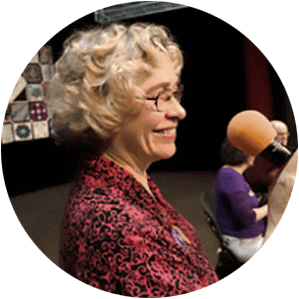
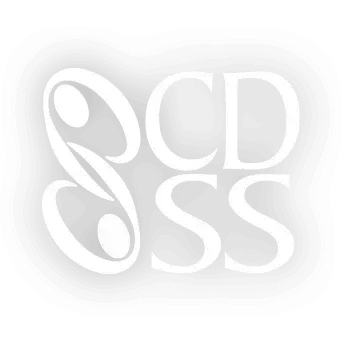
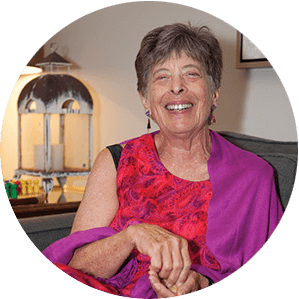
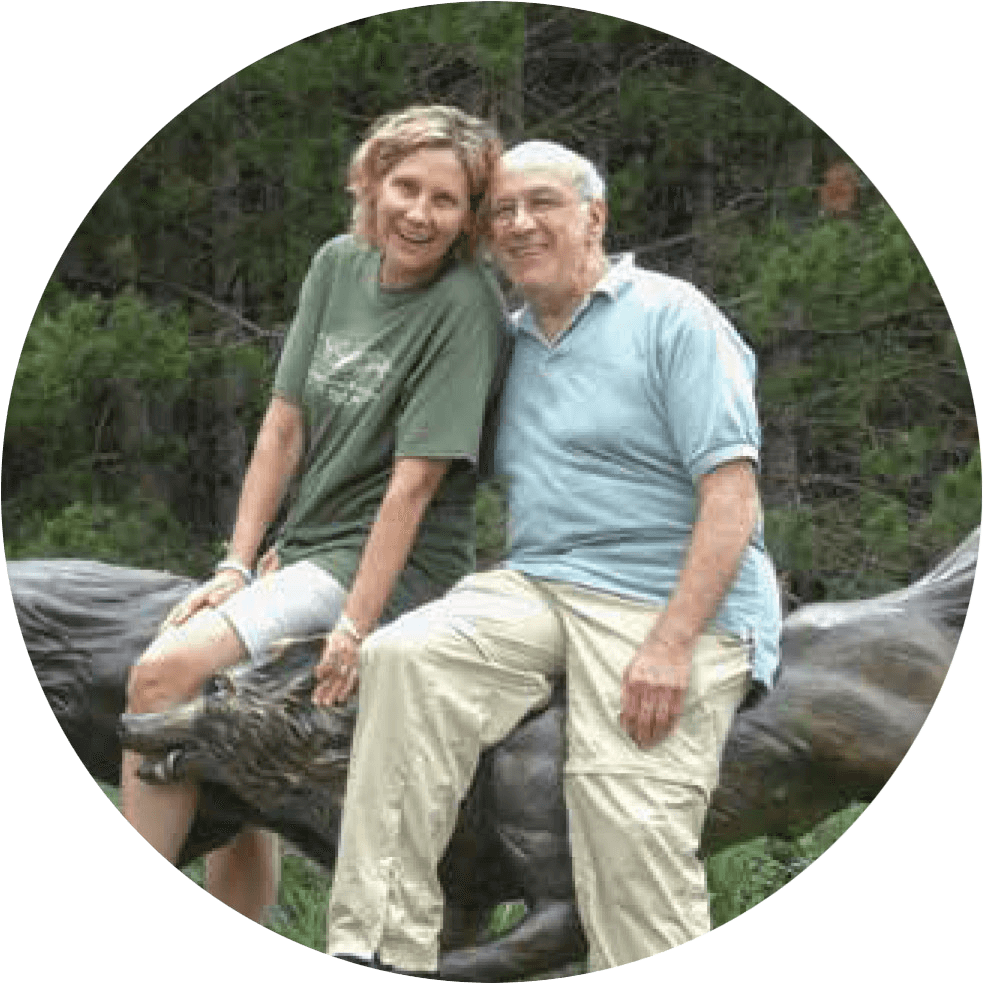
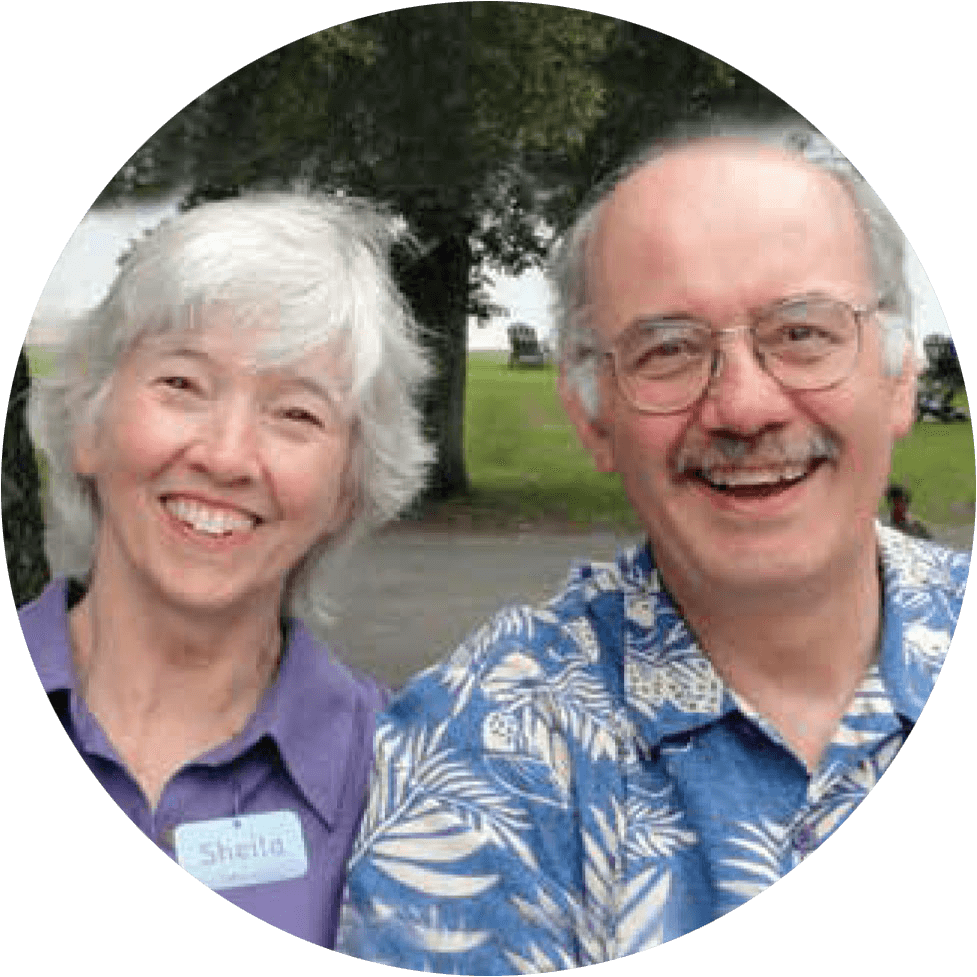
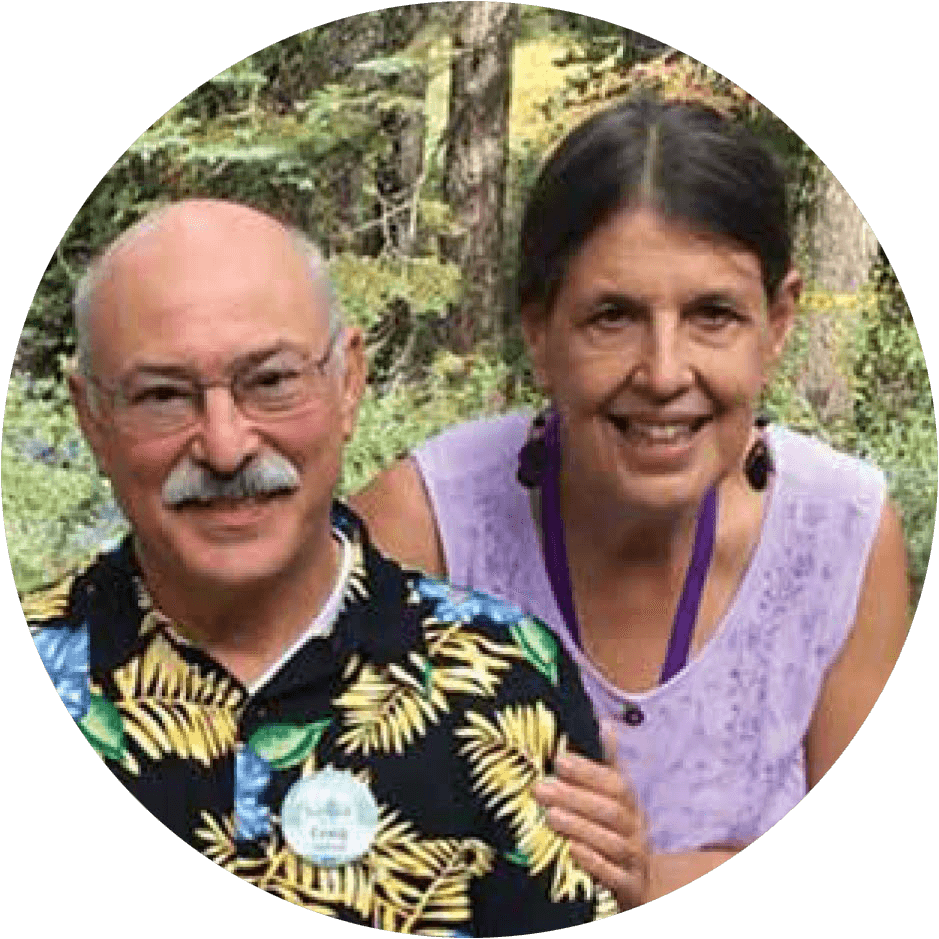
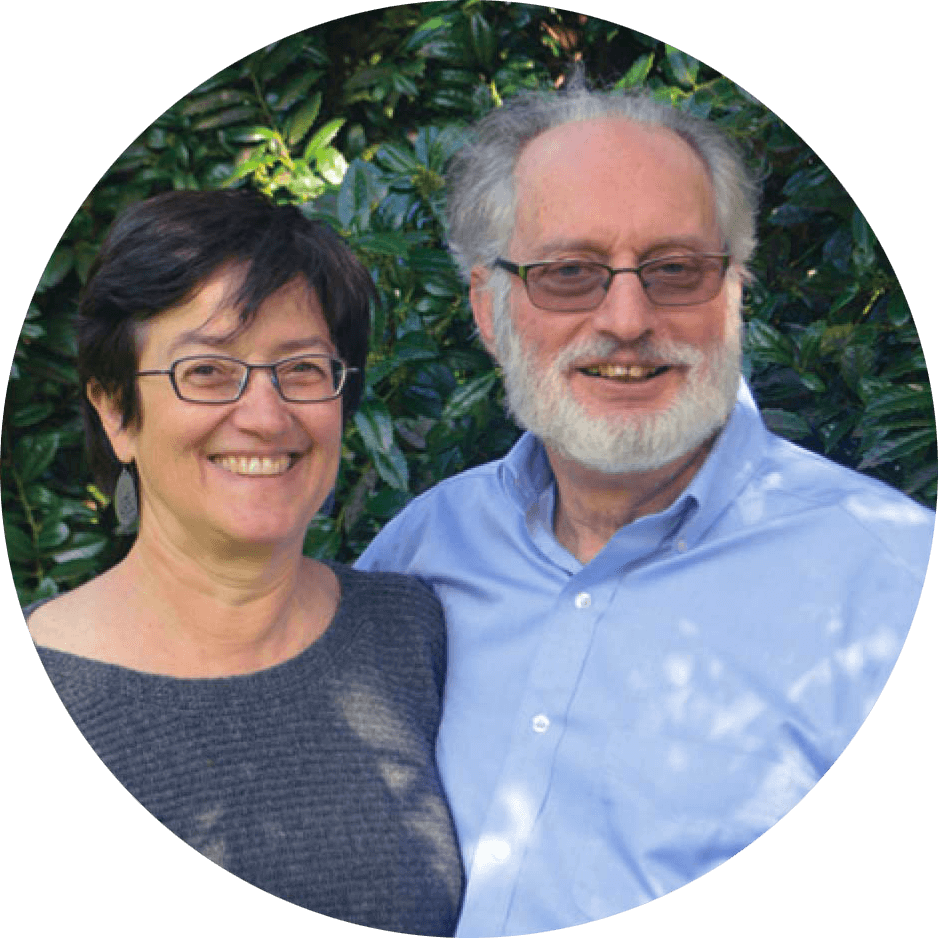
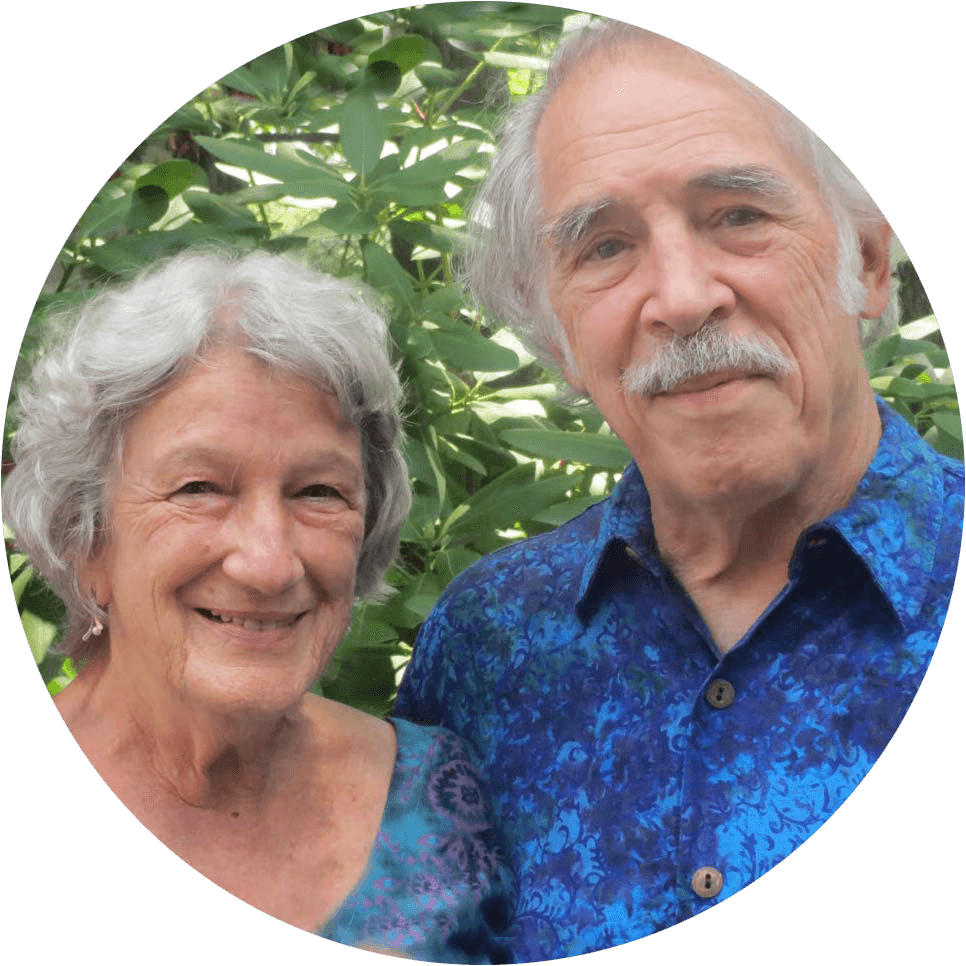
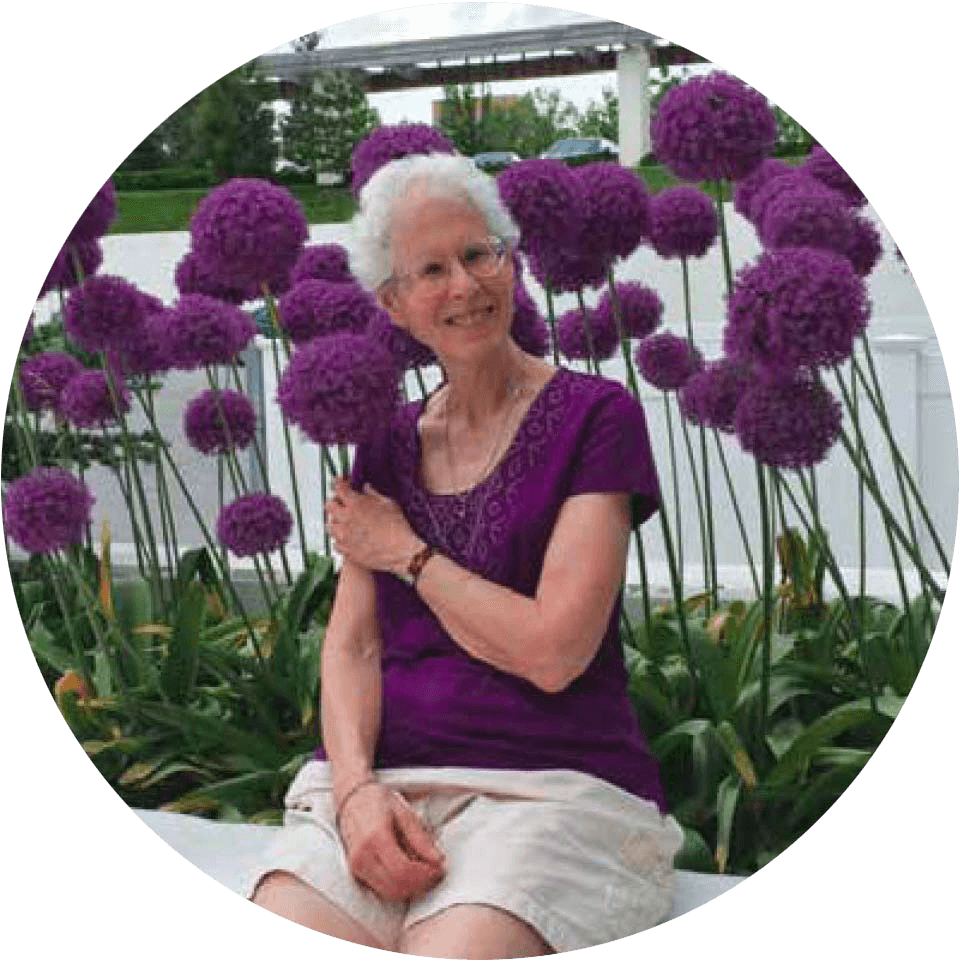
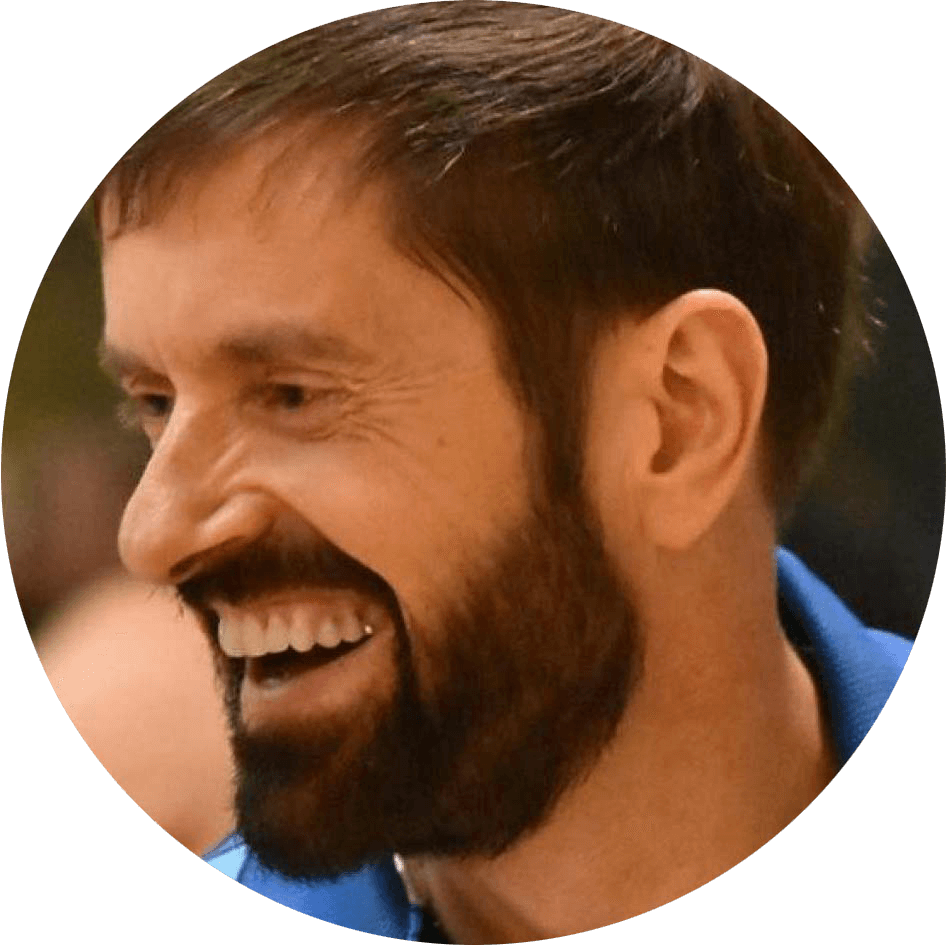
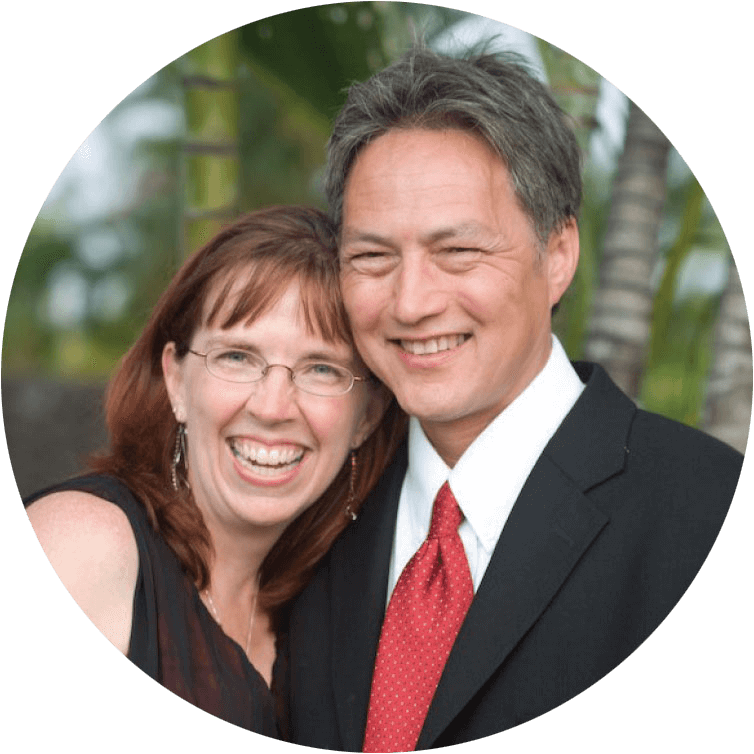
 Thanks to the Massachusetts Cultural Council for their generous support.
Thanks to the Massachusetts Cultural Council for their generous support.